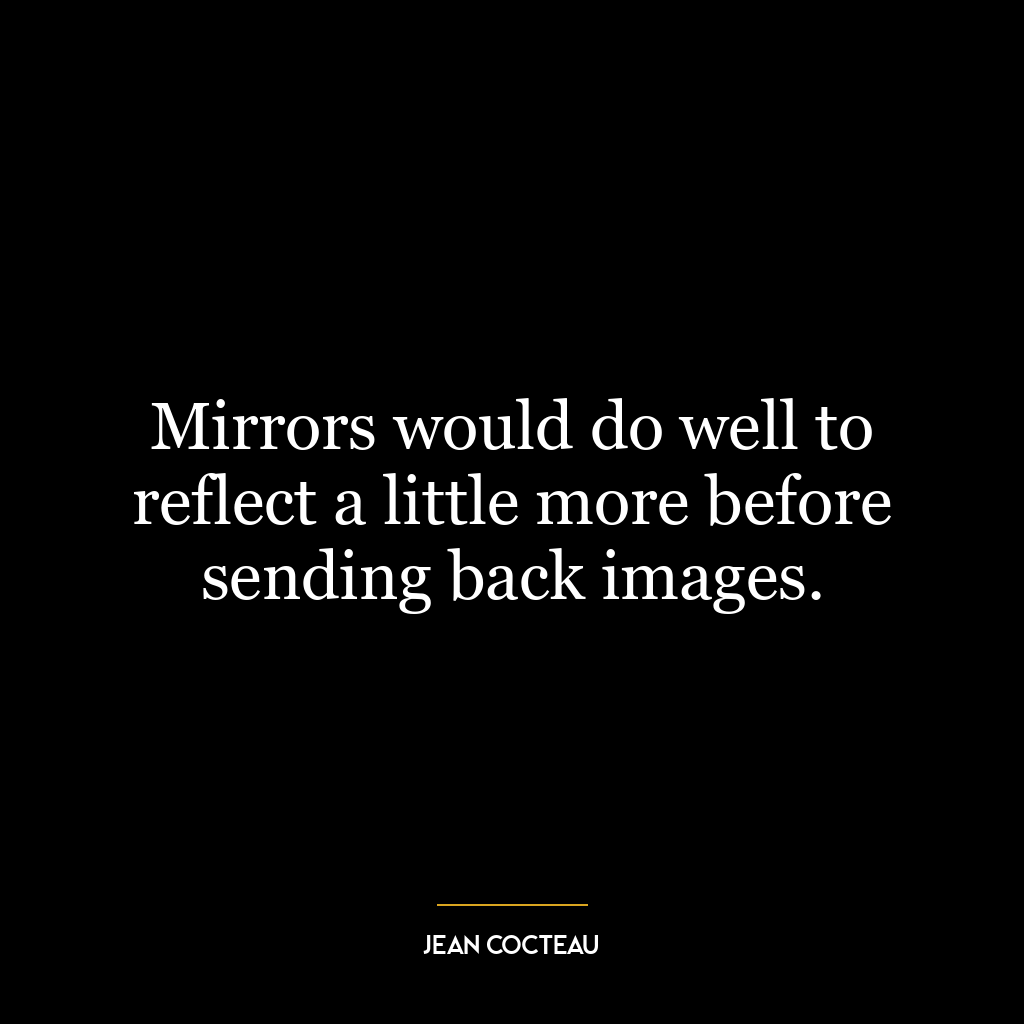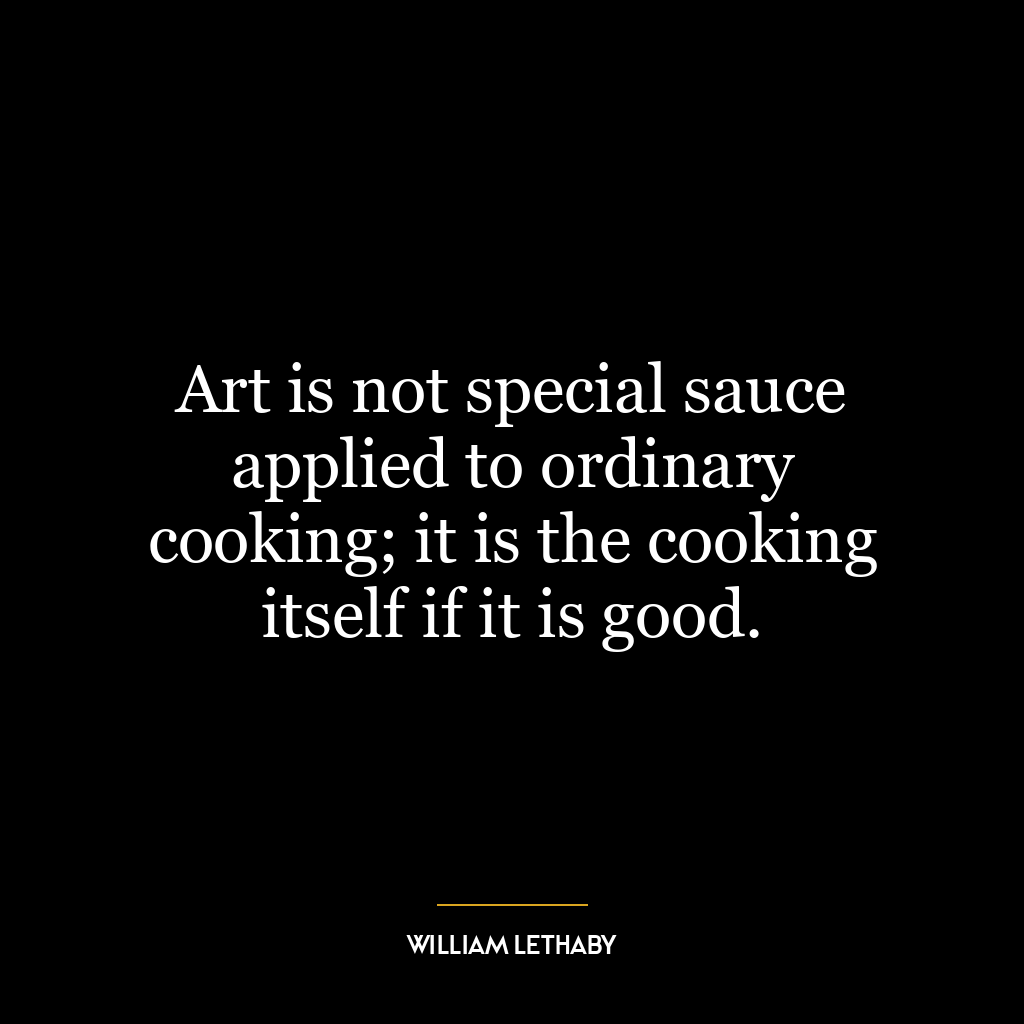We must lay before him what is in us; not what ought to be in us.
This quote is about authenticity and honesty, particularly in terms of self-expression. It suggests that we should present ourselves as we truly are, rather than how we think we should be. In essence, it’s a call to reject false pretenses and embrace our own unique identities.
The phrase “what is in us” refers to our true selves – our thoughts, feelings, experiences and beliefs that make us who we are. On the other hand, “what ought to be in us” refers to societal expectations or standards that may cause us to alter or suppress aspects of ourselves in order to fit a certain mold.
In today’s world where social media often presents an edited version of reality and pressures individuals into conforming with certain ideals or norms, this quote can serve as a reminder that it’s okay not to be perfect; what matters more is being genuine.
Applying this idea personally could mean embracing your flaws instead of hiding them; expressing your true feelings instead of what you think others want to hear; pursuing your passions even if they’re not deemed ‘cool’ by society. It encourages self-acceptance and authenticity which can lead towards improved mental health because you’re no longer exerting energy pretending something you’re not.
Moreover from personal development perspective,this idea could help individuals cultivate genuine relationships since people tend to connect more deeply with those who are authentic rather than those who put on a facade. It also fosters personal growth as recognizing and acknowledging one’s true self is the first step towards improving oneself.









